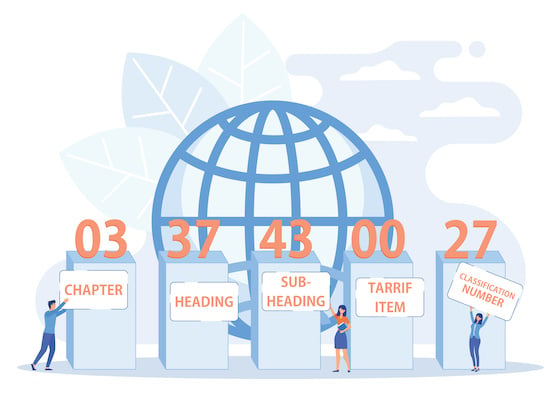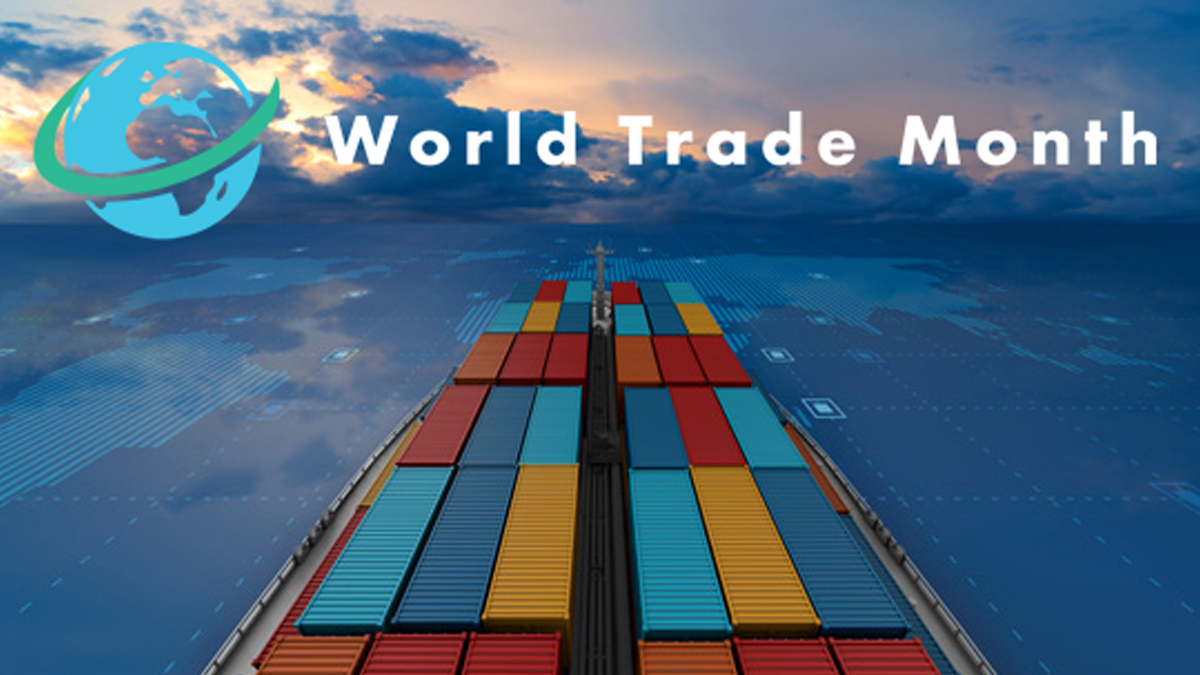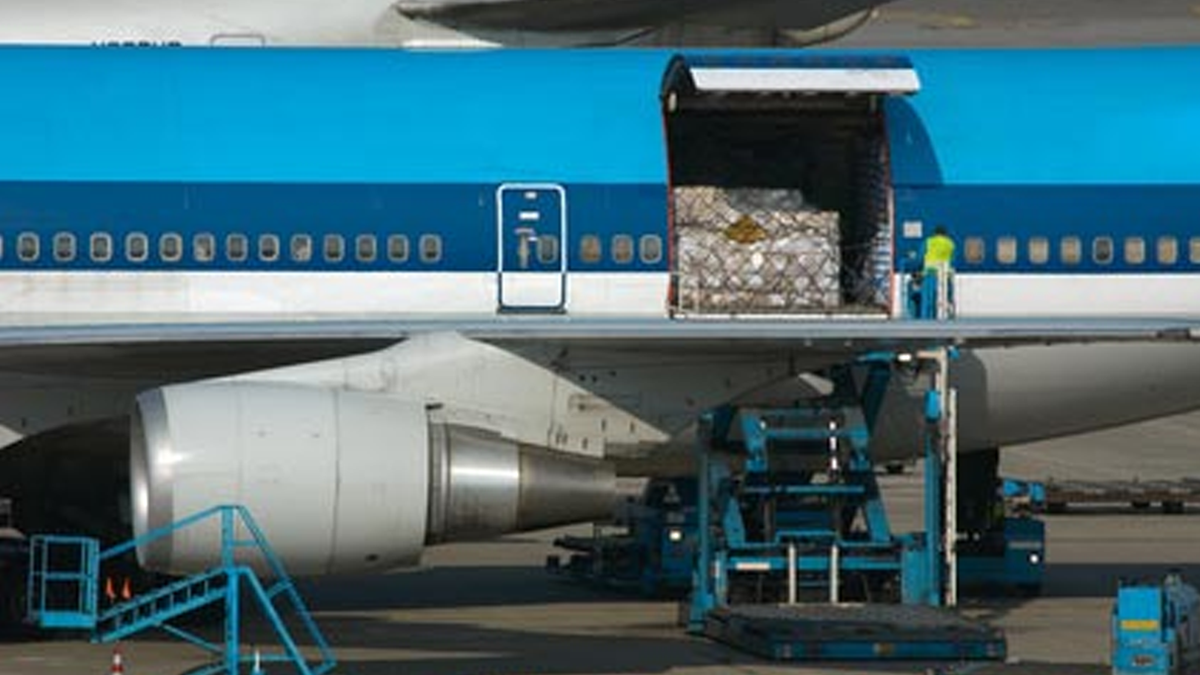On: April 10, 2023 By: Lisa Nemer
Running Export Compliance Screenings for Shipments to Ukraine
Conducting export compliance screenings for shipments to Ukraine can be tricky. The United States has imposed embargoes on some parts of the country but not all. You must make sure you are using the proper Ukrainian state codes to generate accurate results.








